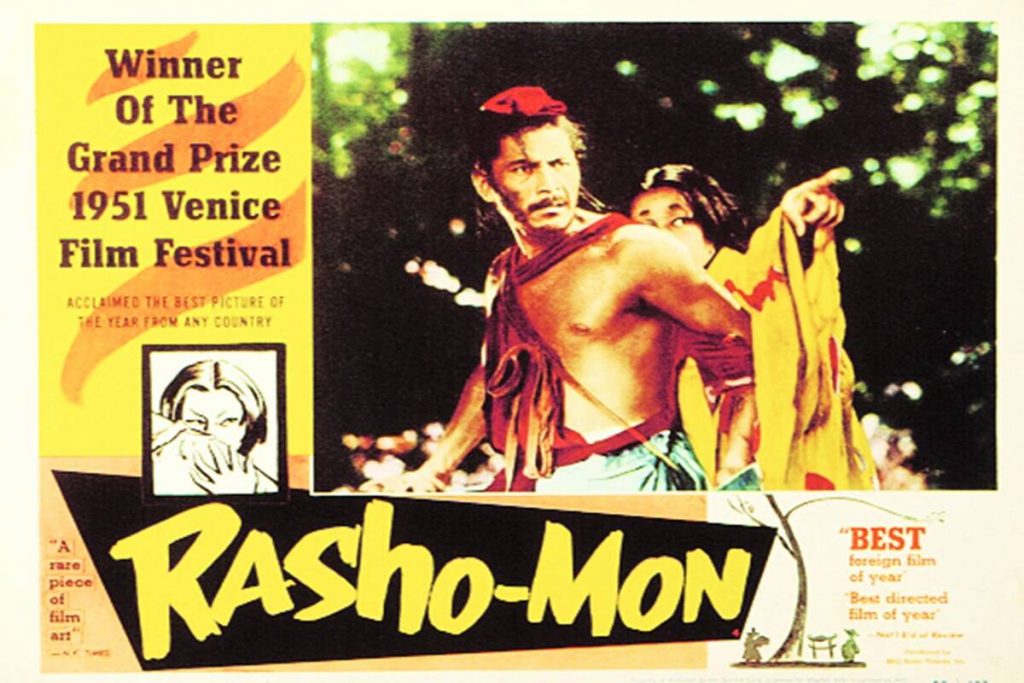By Vidya Hattangadi
A famous quote by author Mark Twain reads the following: “Truth is stranger than fiction, but it is because fiction is obliged to stick to possibilities; truth isn’t.” This is generally said to explain situations when truth seems improbable, based on facts and circumstances.
In a crime scene quite a few researchers have found that eyewitness-identification testimony can be very unreliable; therefore, it is expected that law enforcement agencies and courts should follow the recommendations of social scientists when using and assessing eyewitness techniques, such as line-ups, in criminal cases. The Rashomon effect is a term related to the dishonourable unreliability of eyewitnesses. It describes a situation in which an event is given contradictory interpretations or descriptions by the individuals involved.
In his epochal film Rashomon, legendary filmmaker Akira Kurosawa…
